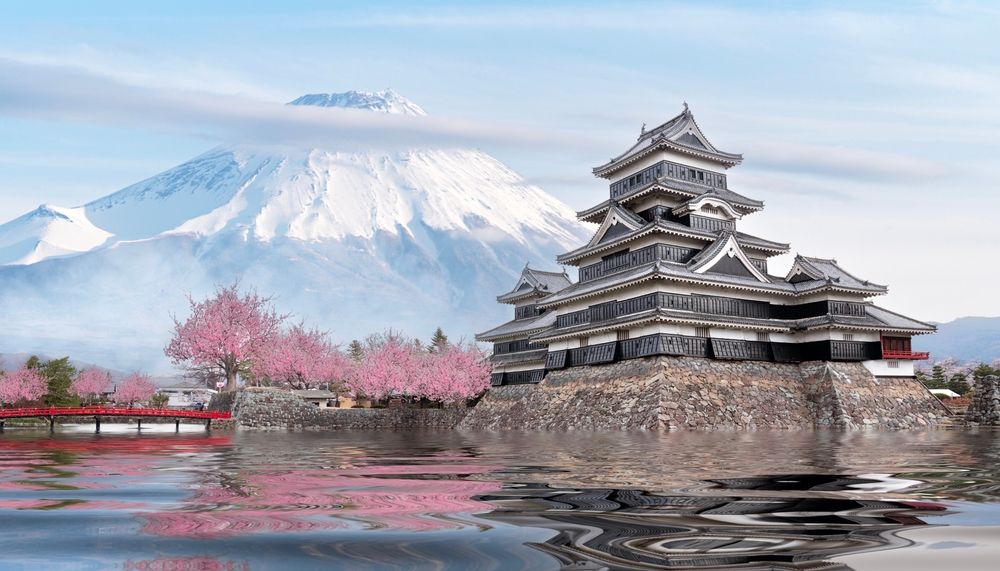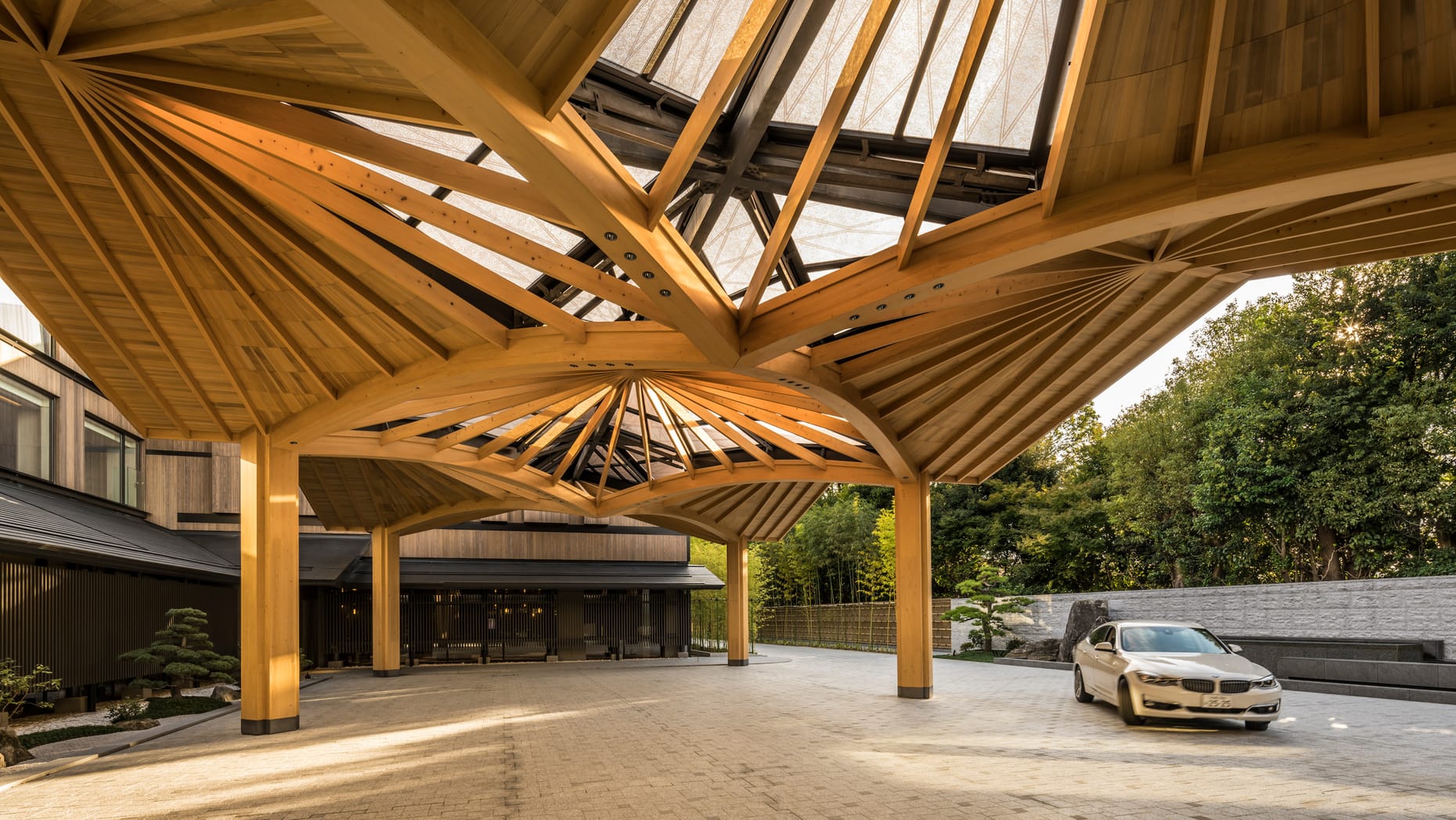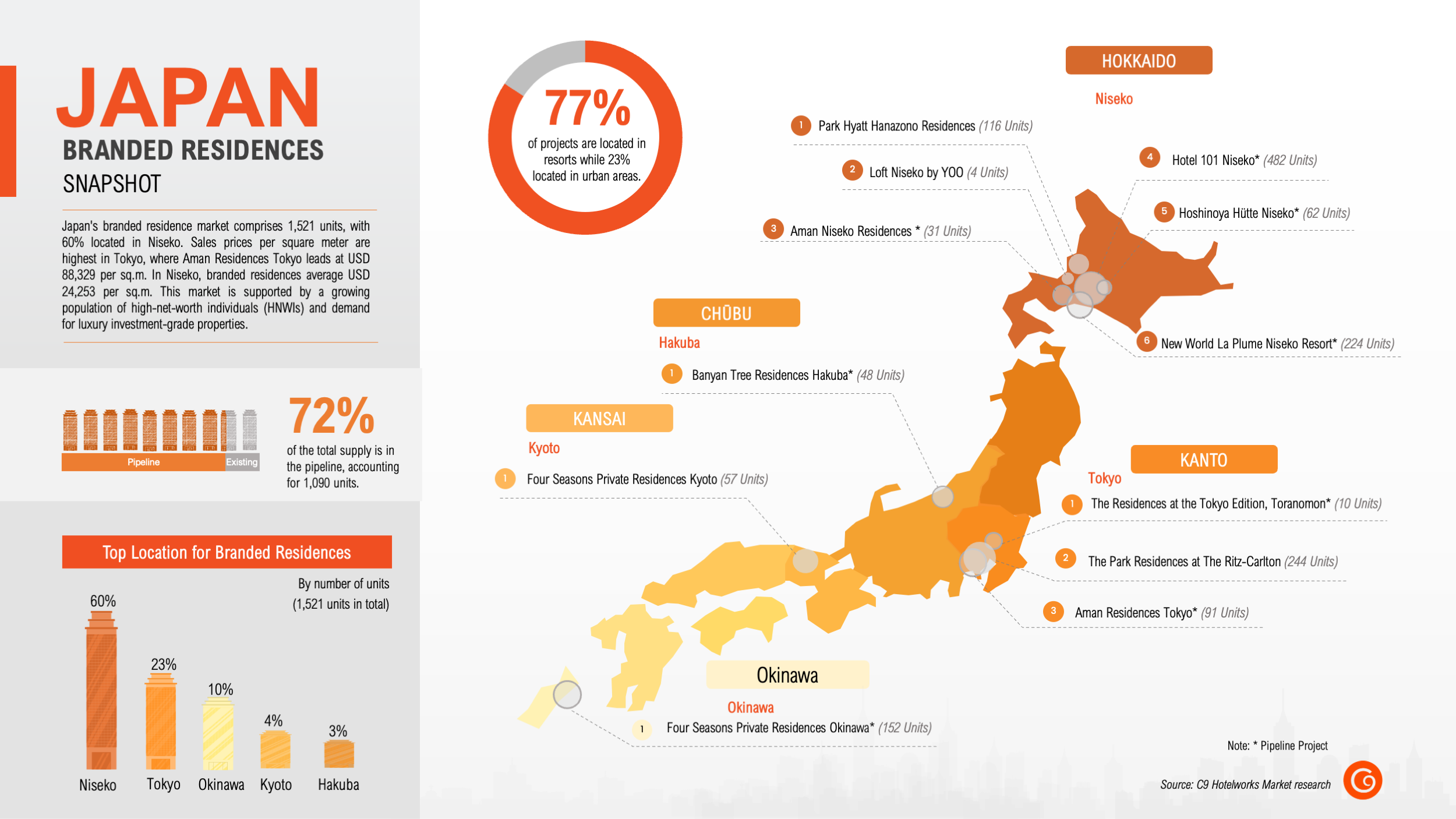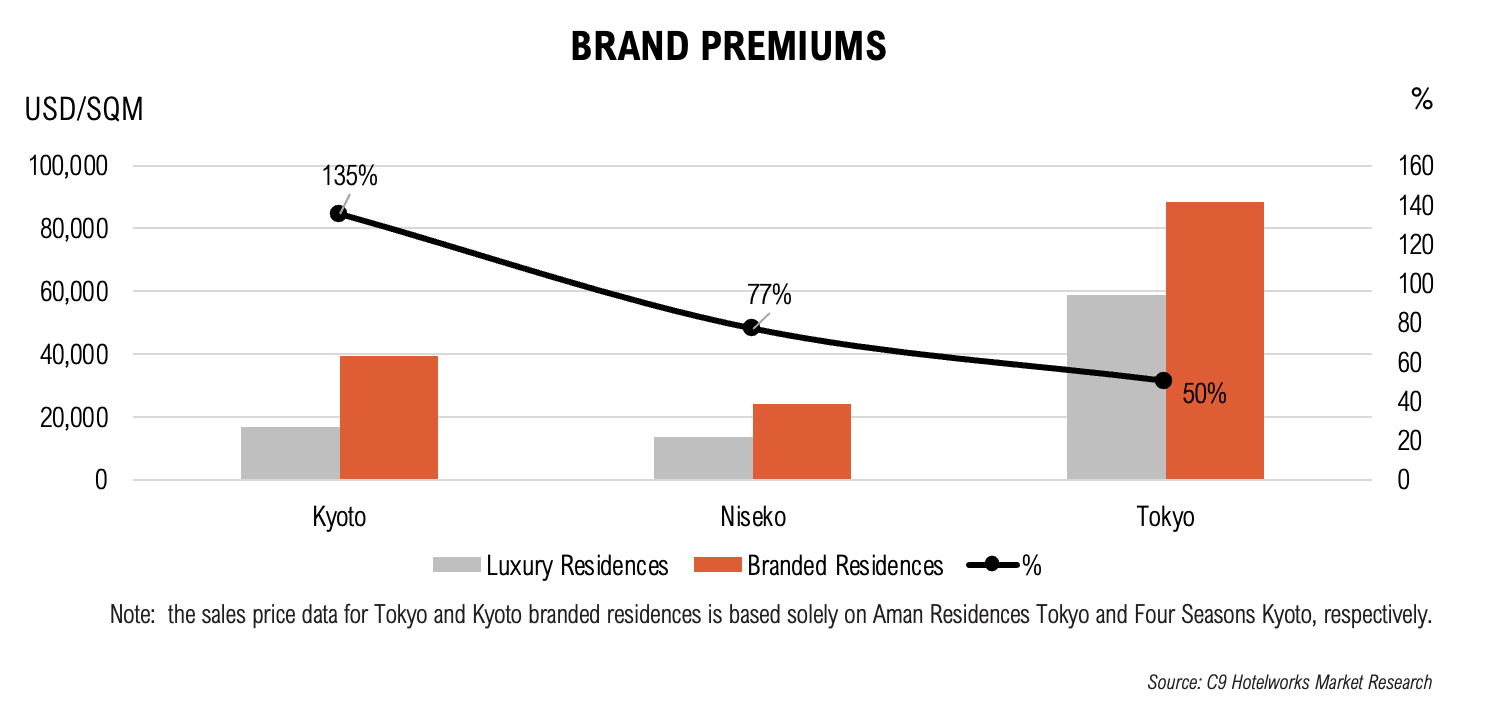Branded residences in Japan come of age
Japan’s branded residences are finally making their mark, blending global appeal with local market potential

While most of Asia has witnessed a growing number of branded residences in their real estate space, Japan has been notably slow on the uptake. What is the reason for the late adoption of a global trend and what is the current state of play?
Japan’s domestic consumer marketplace has demonstrated a legacy of considerable demand for leisure property. This traditionally was in the bite-sized timeshare or vacation ownership sector. Aside from usage in their own properties, the allure of exchanges in dream-machine holiday destinations such as Hawaii has sweetened the offering.
As many countries in Asia experience a flourishing trade in full-ownership vacation homes such as Thailand, Vietnam and Indonesia, Japanese developers were slow on the trigger given the absence of proof of concept in their home markets.

Two key developments which put branded residences square on the playing field are the Park Hyatt Hanazono Residences in Niseko by Hong Kong developer PCPD and Malaysian Group Berjaya’s Four Seasons Private Residences Kyoto. Not only were these projects able to sell to Japanese buyers but these also triggered real estate investors from abroad with the lifestyle model.
What added fuel to the fire has been an urban model, the Aman Residences Tokyo has ignited the imagination of Japan’s development community. In the wake of that project, there is a wave of other destinations in the country with branded projects from Okinawa to Hakuba, and a mounting list of new pipeline entries.

With Japan having high property prices and soaring construction costs, brand premiums continue to hit levels not seen in other parts of Asia, where averages are in the 30 to 35 percent range. Currently, premiums according to C9 Hotelworks market research have soared between 50 to 135 percent across both urban and resort markets. Key comparable destinations are Tokyo, Kyoto, and Niseko.

Two factors that show a large potential market size to purchase luxury properties in Japan is that Japan has the second highest number of high-net-worth individuals in Asia, followed by China, The latter are strong established real estate buyers and investors in Japan, so there is considerable untapped potential. This is aided by the fact that foreigners can legally own property in Japan, coupled with a declining Japanese yen which is a value-add.

There are some challenges in developing branded properties which are mainly cost issues. A relatively high land cost regime and spikes in construction costs are at the forefront of developers’ concerns. But, as shown by sales traction across Japan’s markets, these properties continue to attract buyers who often take a longer-term look at capital appreciation and play the long game.
C9’s most recent research in their new Niseko Tourism and Property Market Review 2025 came straight to the point that in many ways the high cost of development in Japan was a blessing in disguise in that it prevented over-tourism and helped destinations like the alpine powerhouse maintain its luxury positioning in the real estate marketplace.
Looking into 2025, there is little doubt that as Japan continues to attract investment, that branded properties will be on the upswing. We fully expect to see a higher degree of mixed-use projects on the horizon.
About Bill Barnett
 Bill Barnett — a globally recognised hospitality, tourism, and real estate advisor — is the founder and managing director of Asia-based C9 Hotelworks and esteemed member of the PropertyGuru Asia Property Awards (Greater Niseko) Judging Panel. Bill will also be moderating a panel on Branded Residences in Asia at the PropertyGuru Asia Real Estate Summit on 12 December 2024.
Bill Barnett — a globally recognised hospitality, tourism, and real estate advisor — is the founder and managing director of Asia-based C9 Hotelworks and esteemed member of the PropertyGuru Asia Property Awards (Greater Niseko) Judging Panel. Bill will also be moderating a panel on Branded Residences in Asia at the PropertyGuru Asia Real Estate Summit on 12 December 2024.
In addition to being a leading consultant, he is a frequent speaker at industry events and conferences. With over 30 years’ experience in the Asia Pacific region, he has an extensive background in hotel operations, development, and asset management. His past employment highlights include Senior Corporate roles at international hotel chains and publically listed companies. Bill is considered to be one of the foremost industry experts in the hotel residences sector. To date, Bill is the author of four books on travel, property, and hospitality under the titles of Slave to the Bean, Collective Swag, It Might Get Weird and Last Call.
For more information, email: [email protected].
Recommended
Meet the architect transforming Asia’s retail spaces with nature-inspired designs
David Buffonge, the cofounder of Hong Kong-based Lead8, has strong opinions on how to improve built environments around Asia
6 sights to check out in Siem Reap, Cambodia
Cambodia’s “temple town” is bolstering its touristfriendly attributes with new infrastructure and residential developments
Inside Asia’s luxury resort residences that are redefining high-end living
Asia’s resort residence market is witnessing a shift as investors eye larger, multifunctional units
How joining BRICS could give Thailand and Malaysia a new economic edge
Thailand and Malaysia are eyeing membership in the bloc of emerging nations








